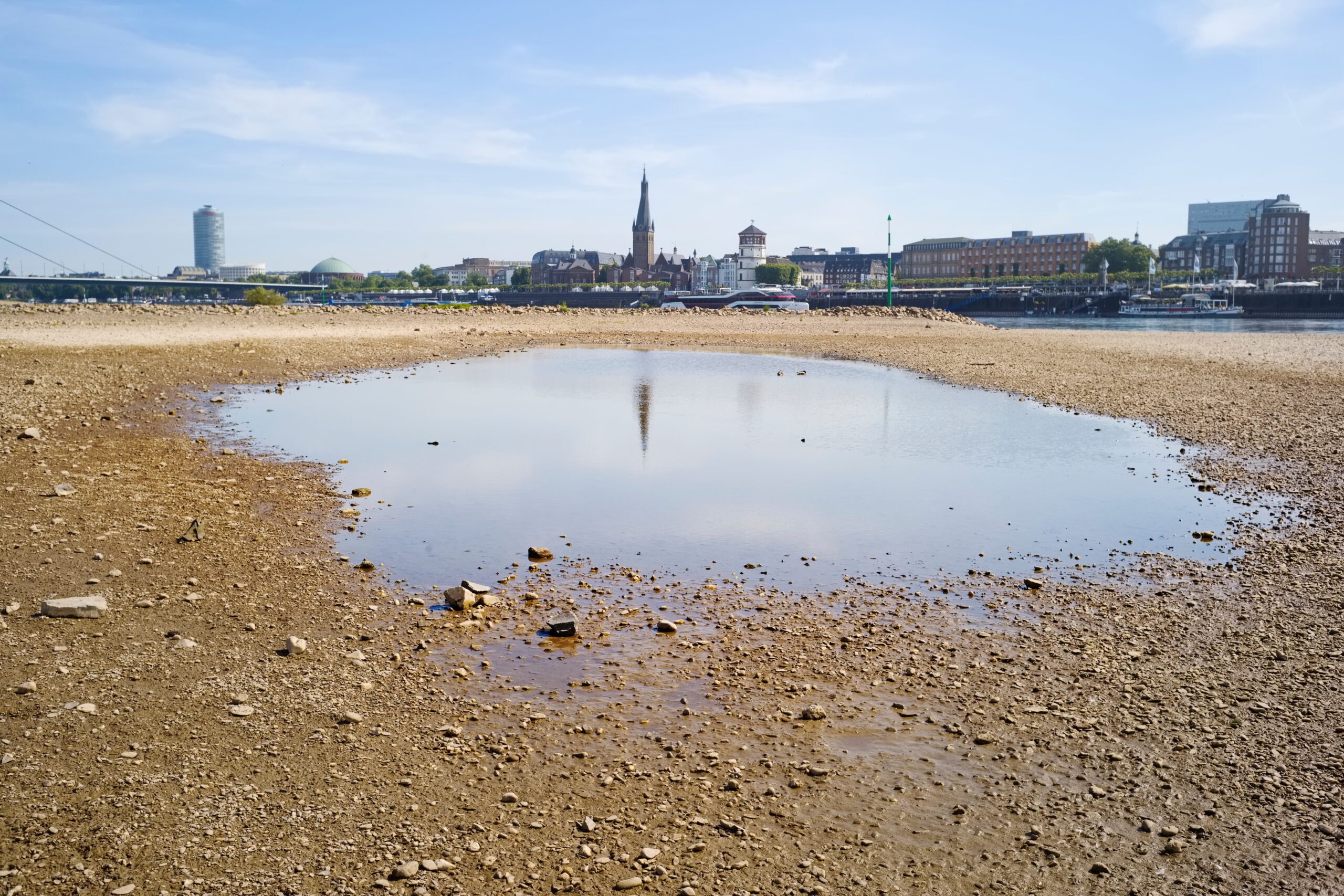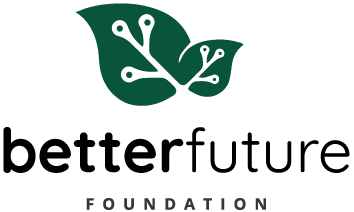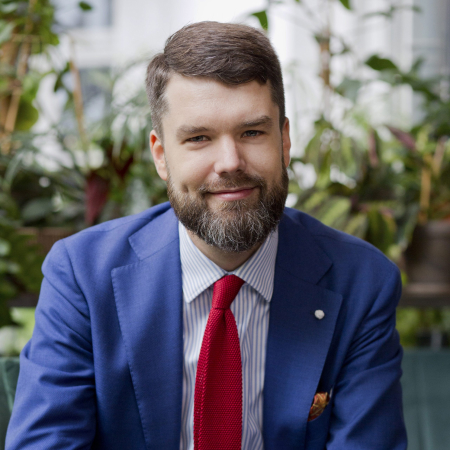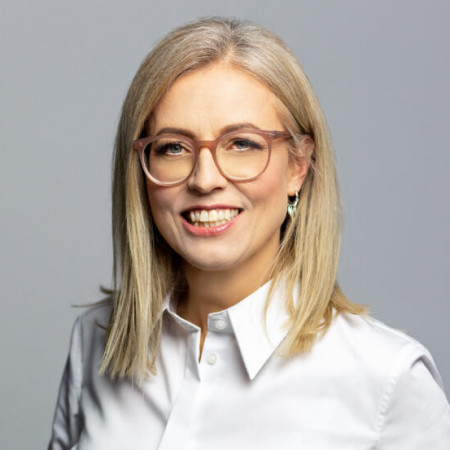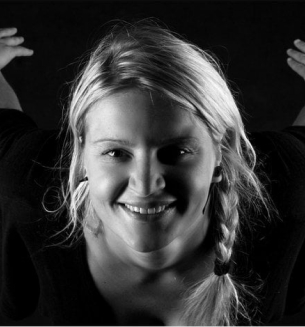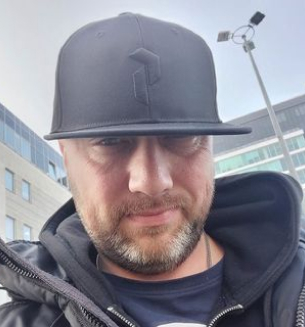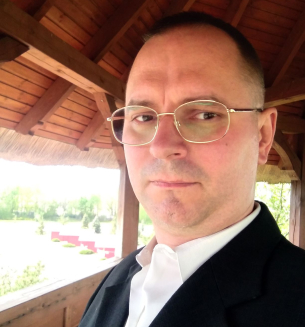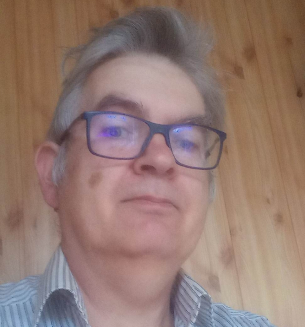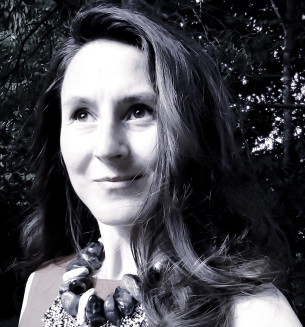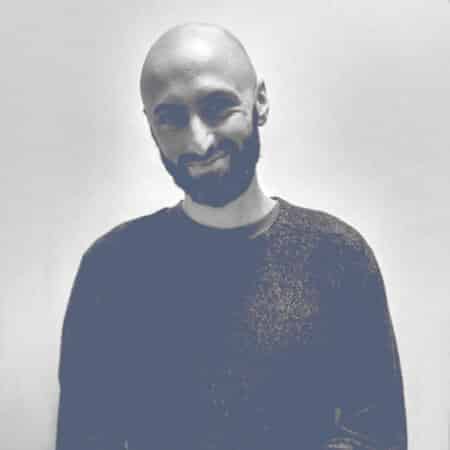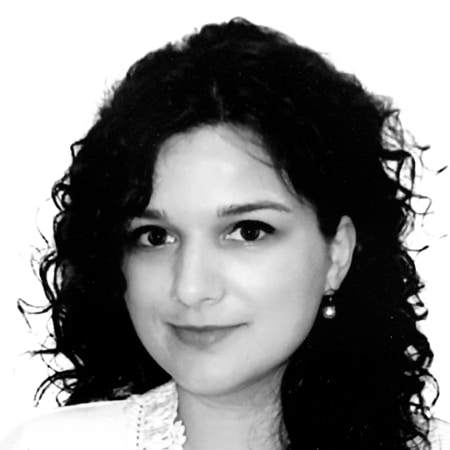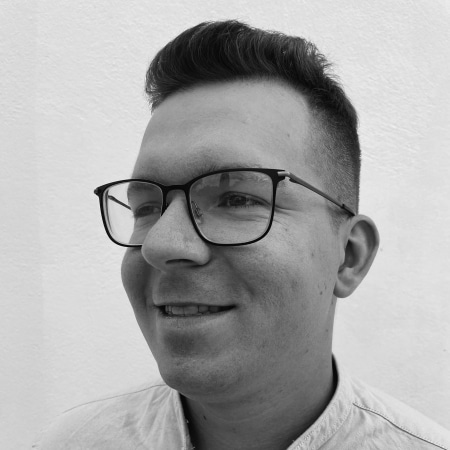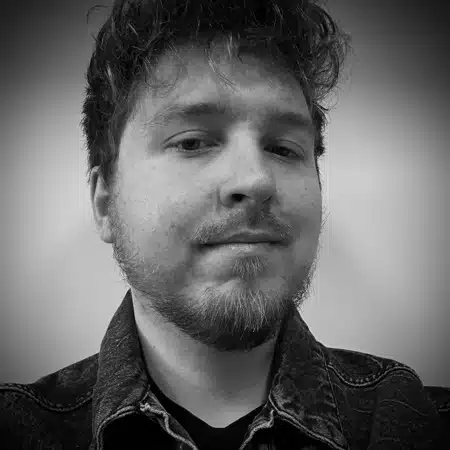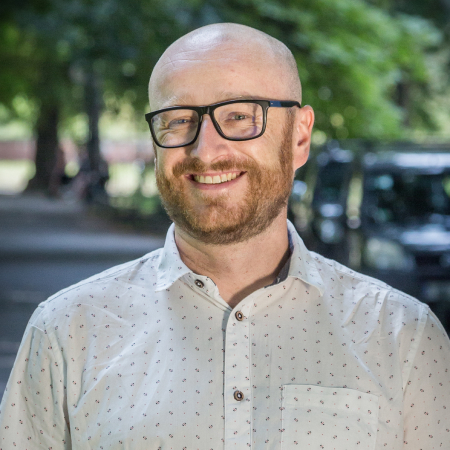By destroying the network of life, we destroy ourselves.
We’re just an element of this network.
That’s how the world works. By destroying the network of life, we’re destroying ourselves. People are not aware of that and we have to do our best to raise their awareness. I know they’re not aware because I test it during my workshops, meetings and lectures by asking a very simple question. I ask it to students and teachers, including environmental educators who, by definition, should be aware. I ask if they know what a plant needs to live. The answers are usually school-like: carbon dioxide, mineral salts, water, solar energy. That’s what 95 or even 99 percent of my respondents say and they don’t add anything. Only once in a while someone points out that plants also need insects, mites, fungi, bacteria and thousands of other species. Students learn about that at school, but they don’t see any interrelationship. My second question is whether they know what humans need to live and I try to make them realize that their lives depend on earthworms, insects and fungi.
It doesn’t come easy though. It’s obvious that environmental education is not carried out well as it fails to show the basic and the most important truths about the world.
You’re not the first university biologist to say something like that about how biology is taught in primary and secondary schools. And not necessarily in the context of environmental protection as I’ve also heard about it in the context of the theory of evolution, seeing the bigger picture. How do we change that?
School curriculum must focus on the fundamental laws of nature. Children and teenagers should learn about how the world works, how everything is connected and interdependent. This is the foundation. It doesn’t matter if a pupil forgets a number or a name. What does matter is that he or she understands how the world works and how valuable every form of life is, that each and every form of life plays an important role. I believe it is vital that we teach them about that. It’s not happening though. And the other thing, that’s what the young protesters have been calling for, the topic of global environmental threats, including climate crisis, should be included in the school curriculum. How is it possible that the existence of the world we’re living is endangered and young people are not taught about that at school?
There’s more. They demand to be taught about that, but adults are saying no.
Over the past year and a half I’ve run a lot of workshops for school youth. These workshops were held as part of the preparation to the climate summit in Katowice. The participants usually don’t even know the basic mechanism responsible for global warming. The fact that we emit alarming amounts of greenhouse gases which retain the reflected heat radiation. Their physics teacher doesn’t talk about that. Neither does their geography teacher or the biology teacher. How is it possible? It’s important and fundamental information. Especially these days, when it is such a problem.
And even if they do teach about that, it is not discussed in a wider context.
Explaining such complex interdependencies requires a cross-thematic approach. I guess it’s not enough to change the curriculum of just one school subject. It’s rather a matter of developing a completely different approach to education. And this approach should not only be followed by pupils, but also by teachers.
Everyone should teach this fundamental truth that the world is a complex web of mutual interdependence. Everyone should refer to that and illustrate that.
Not only the biologist…
I can even think of history or Polish language teachers doing that. History lessons today are mainly about battles, focusing on dates and events. But history is also about a network of social and economic processes, long-term relations and interdependencies of various areas of human life.
Aldous Huxley, when asked what in his opinion should be taught at schools, said we should show interdependencies existing in the world around us. An anthropologist, Gregory Bateson, says we should, first of all, teach about mutual relations. This is not, however, what schools teach about.
If I were to put it in the historical context, I’d do it by pointing out to ecology. We know about at least a few important civilisations that collapsed due to environmental degradation. I’m pretty sure though that an average graduate from or a student of a Polish school, if asked why one of those civilisations ended, would start thinking of the battle that caused its downfall. This is exactly where the bigger picture should be shown. We must not lose sight of it in a global world.
It’s necessary to focus on the foundations, on what should be taught in order for the civilisation is to survive. We’ve identified two such things: ability to cooperate and global environmental threats.
We’ve already mentioned climate change…
It is thought by some that we shouldn’t use that term.
So is it better to talk about climate crisis?
That’s right. Those referred to as climate sceptics should in fact be called denialists who refuse to accept scientifically proven facts. We need harsh words here. Nowadays, being a climate sceptic is like claiming that the Earth is flat. It’s immoral. Basic scientific facts are being denied. We’re dealing with a crisis, destabilisation, climate disaster.
I have some doubts though and I can’t really judge it. I do understand your point of view, but I also think about the anti-vaccination movement. Its members are treated more or less in the same way. Their numbers are not dwindling though. Quite the opposite in fact. The movement is growing larger and larger.
I just hope the same is not going to happen with climate change sceptics.
It’s all about science and scientific evidence
However, if someone is denied their voice, for lots of people it’s the best proof that they’re right.
But what should our claims be founded on? It’s all about science and scientific evidence. And this evidence is clear. The school youth understand that. The young protesters. And talking about them, I’d also like to mention, because I’m not sure if there’ll be an opportunity to talk about it later on, that it really worries me that university students seem to be rather indifferent to the whole thing. They’re not engaged in the fight against climate crisis. I’m very concerned about that.
A lot is being said about climate crisis now. But that’s not the only problem. In your TEDx talk you presented the concept of planetary boundaries. It’s interesting and vivid. It shows the areas in which we’ve already exceeded the Earth’s limits. As for climate crisis, we’re still above the limit, but only barely. When it comes to mass extinction though…
…we’ve exceeded the safe level ten-fold.
What’s causing the extinction and why is the situation so bad already?
There are studies showing the so-called ten big killers that contribute to the mass extinction of species.
Agriculture, for example, is listed as the second biggest killer. Until quite recently almost no one was aware of that. Voices calling for the need to change our diets and the way of producing our food are heard more and more frequently now.
The first big killer is the over-exploitation of the environment: hunting, fishing, deforestation. Urbanisation is the third one. Climate change came seventh in these studies. It was pointed out, however, that it was only just beginning and that soon its significance might increase. The studies I’m talking about were carried out in 2016. More recent reports mention climate change as the third big killer of life. All the signs are that it is becoming the key factor contributing to the mass extinction.
The concept of planetary boundaries also shows how complex the system is.
It must also be said that all the processes are accelerating. The rate of species extinction is accelerating. Climate change is accelerating. The amount of nitrogen is increasing. Greenhouse gas emissions are also rising. The first climate summit was held 25 years ago and GHG emissions have increased by 62 per cent since then. This clearly shows that we’re not succeeding in anything.

